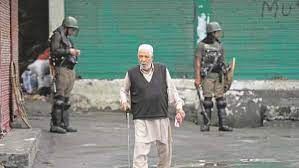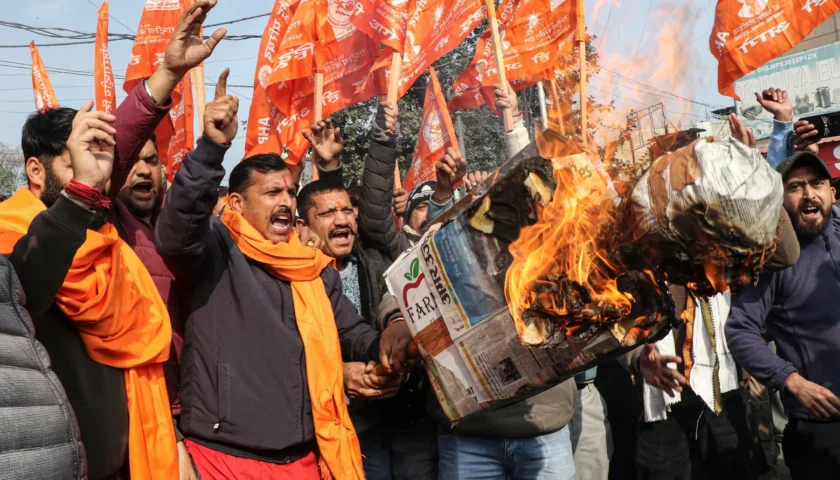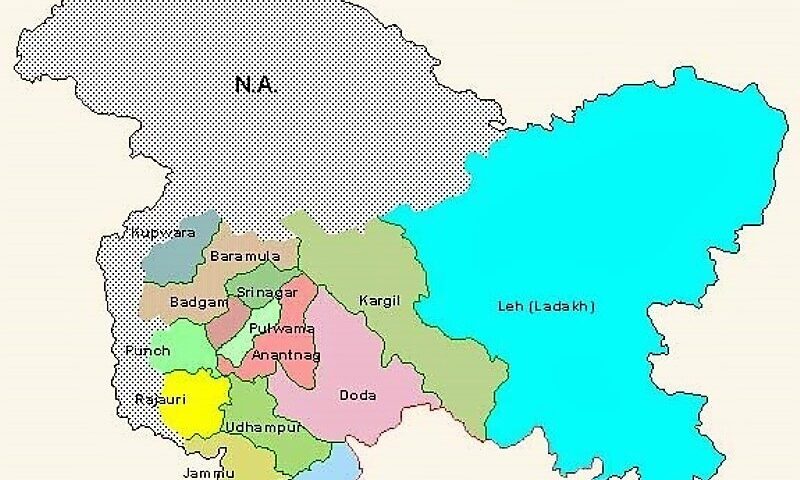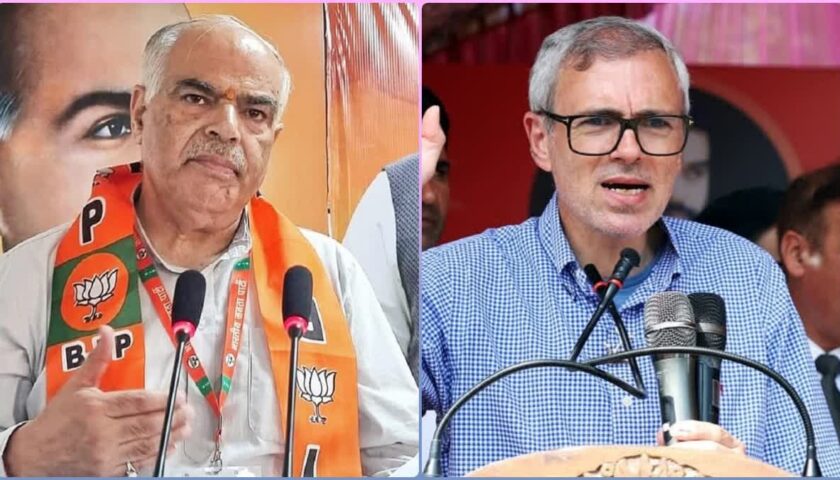Jammu and Kashmir completed five years under central rule today – the second-longest period of Presidential rule in the country since Independence. Across India, Central rule has been imposed on states 125 times. Jammu and Kashmir has gone under direct Central rule eight times since 1977. It is also the place which had the longest stint of Central rule – over six years.
The last assembly elections were held in 2014, which threw a fractured mandate.
Mehbooba Mufti’s People’s Democratic Party and the BJP formed alliance after agreeing on a common minimum agenda. The alliance, however, collapsed on June 19, 2018 after the BJP withdrew its support to the PDP-led coalition.
In August 2019, the Centre revoked J&K’s semi-autonomous position under Article 370 of the Constitution and stripped it of statehood. Since then, no assembly election has been held in the new Union Territory.
An elected government in a Union Territory has limited powers and the real authority rests with the Central government.
Still, many in Jammu and Kashmir wait eagerly to vote because no place has suffered so much for the right to vote as Kashmir. Thousands of people have been killed by terrorists just because they fought for democracy and the right to excise their vote since 1990.
Among them is Mohammad Sidique Wani, the 85-year-old resident of a remote village, Lankrishan in Kupwara district.
Mr Wani is suffering from dementia after battling terrorist threats for years and coping with the targeted killing of his three sons, Bashir Ahmad, Abdul Ahad and Nazir Ahmad. His unflinching commitment to democracy had made him and his family a target.
The Wanis are thankful to an extent for the memory lapses of Mohammad Sidique Wani because when he remembers the past, the 85-year-old is plunged in grief. What he does remember occasionally is a his desire to vote.
The family hopes that elections in the former state are held soon and Wani gets a chance to vote one last time.
“Sometimes he talks about politics and asks when he can go out and vote,” said Bilal Ahmad. He is not sure if his fathers’ wish will be fulfilled. “Earlier, militants targeted us for voting. Today, the government is not holding elections,” he said.
Recalling the time when the family came under terror attacks, his son Bilal Ahmad said: “It was a very tough time for us. First they killed my two brothers. Two years later, they killed the third brother,” he said.
His father, he said, has been suffering from memory loss after a heart attack several years ago.
Terrorists, who overran Jammu and Kashmir in 1990s, never wanted a democratic government and targeted mainstream political workers.
In January 1990, Governor’s Rule was imposed following resignation of Farooq Abdullah as Chief Minister. It continued for more than six years. The election in 1996 was a turning point, but political workers like Mr Wani had to pay a heavy price for it.
National Conference, which was the principal regional party and seen as symbol of Indian democracy in Kashmir, became the main target of terrorists. Mr Wani was a prominent face of the party in the area.
Former Chief Minister of Jammu and Kashmir, Omar Abdullah, accuses the BJP of avoiding elections as it is “fearing imminent defeat”.
Sajad Lone of People’s Conference and several other leaders say there is “continuous denial of democracy” in Jammu and Kashmir after it was stripped of its statehood.
Rejecting the opposition allegations, the BJP has appealed to the Election Commission to announce poll dates. The party also held a rally in Srinagar which coincides with completion five years of central rule in J&K.
“I’m appealing to the Election Commission to announce dates for assembly elections in Jammu and Kashmir,” said Ravinder Raina, the chief of J&K BJP at the rally.
Five years on, no one has any inkling when assembly elections will be held in J&K. Mr Wani is waiting to vote one last time.
The term for local bodies and panchayats in the union territory is coming to an end in the month of September and October this year and there is every possibility that elections for panchayats and local bodies in J&K could be held in November.




